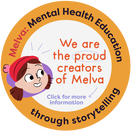|
Youth work is a relatively new sector for Mortal Fools and it’s a hive of collaborative potential. Our work and youth work has some similarities and synergies; genuinely treating young people as equals, the symbiotic exchange that happens in equitable relationships and an appreciation of the complicated world we are living in with positive intentions to engage, enable and empower each other. We don’t go into spaces with agendas or egos – we drop all of that at the door and our priority is meeting young people where they are, understanding their needs and creating something special together that neither could have done alone. This synergy has led us to connect with and partner with youth work organisations, as we really see and value the work they do – we’ve learnt a lot in those partnerships and projects so far. At the time of writing this blog, it’s Youth Work Week 2022, an annual week-long celebration organised by the National Youth Agency to celebrate everything Youth Work. And we thought we’d take the opportunity to shine a light on youth work, and following this year’s theme, ‘A Festival of Youth Work’ to really showcase to our Mortal Fools’ community what it is and to interview one of our favourite Youth Workers. For those unfamiliar with youth work – let’s start with unpicking what it is and what youth workers do. Youth workers usually work with young people aged 8-25, with a focus on 11yrs+. Their work seeks to promote young people’s personal and social development, enabling them to have a voice, to help them access support and services they may need and to contribute to their community positively. Youth Work focuses on the needs of the present, whilst in the longer term increasing the resilience, confidence, aspirations, and life skills, young people need to live, learn, work, achieve and make better informed life choices. Interview with YMCA Northumberland Youth Worker - Danielle Danielle is the lead youth worker at the YMCA Northumberland. She’s a hugely passionate and curious person who has an easy and warm relationship with the young people who come to the YMCA. Despite being constantly busy, she always makes time to have a cup of tea and a chat with anyone who needs it. To celebrate Youth Work Week, we thought she would be the perfect person to help explain what youth workers do and why they are so important. What is a youth worker? Danielle: I think most people have a very old-fashioned idea of what youth workers do; they think we just sit colouring in and play with play doh. Whereas actually, it’s about guidance and support for young people; anything from sexual health, to school, to mental health problems and it’s youth needs led. It's a lot of thinking on your feet as you never know which young people will come through the door each day, so having activities and all sorts of fun things to keep them busy and to hold space for conversations. I always say this, but I want to be the auntie that everybody should have. How did you get into youth work? Danielle: When I was young there that wasn't anywhere you could go with your problems, or thoughts and there wasn’t a huge amount of support for teenagers then, specifically teenage mums like me. I wanted to change that. I've always been a helper; It's kind of just who I am. So, I applied for a post at YMCA Northumberland as a sessional worker in the kitchen, teaching young people to cook, and then ended up as the youth worker in the sessions. If a young person or anyone was interested in getting into youth work; do you have any advice for them? Danielle: Volunteer, there's nothing like experiencing it. I always say time spent experiencing it is just as valuable, if not more valuable than the academic side of it all. We have volunteer opportunities to support the warm lounge during the day and the youth program too. It’s a great way to support Ashington young people and you get to experience it; you might come a few times and think “Oh, God, no!” or you could come and never leave and end up progressing to be a qualified youth worker! Are there any skills that you think are important to be a youth worker? Danielle: If you are easily offended, then this is not the job for you. You have to be able to remain calm, in some very high stress situations, to be understanding and non-judgmental and willing to think outside of the box. You quickly learn that what you’re taught in the classroom does help and support some young people, but not all, so you must think on your feet. A good skill is having the ability to respond and connect with young people; I don't just mean voice, I mean body language, eye contact, everything in a way that suits them. So, being able to change your communication style at the drop of a hat is crucial. That's probably one of the most important things, because you can't create good relationships without good communication. Do you have any favourite youth work memories so far? Danielle: It's hard picking one; pre-covid, one of the best memories was the twenty-four hours stay awake. Young people left their houses at 8am to go to school, then came to YMCA Northumberland at 4pm and we kept them until 9am. We did lots of games, educational activities, cooking and had lots of fun. It's very, very rare you get that length of time with young people, so you learn an awful lot. It's good to see them change when they're tired, and when they're passed the tired, they become hyper excited. I love that. And I got a letter off a young person once. It was just a tiny little letter, just saying, Thank you, Danielle. If it wasn't for you, I don't know where I would be. What are your favourite things about being a youth worker? Danielle: It's the little things really. I know we deal with some horrendous stories and some fantastic stories, but it's probably on the Monday when you've got like a group of ten lads, all saying they’ve missed us and want to hear what you’ve been up to! It's those little connections and that they’ve chosen to come here. And the laughs. Of course, the young people are always saying “you get paid for this?” I'm like, Yeah, I get paid to have fun with you all! What can people do to help support young people right now? Danielle: It's surprising how uncomfortable young people are in face-to-face conversation; the pandemic has really limited young people's social experiences and reduced their confidence. To help you can just listen and ask questions - even if it's just one question, like: “What was the peak and what was the pit of your day?” These types of questions encourage open ended conversations and sharing; helps them feel seen and heard. We don't afford young people the same things we afford ourselves; as adults we allow ourselves to be angry, annoyed, frustrated, sad, to bang doors and storm off in huffs. But if young people, do it, they get in trouble, reprimanded for feeling and encouraged to suppress it. And what does that bring? It brings poor mental health. We must give young people the space to just be without punishment. We don't practice compassion for young people, and they really need it. They're just figuring it all out. Thank you, Danielle– great insight!
YMCA Northumberland run youth drop-in sessions on Monday, Tuesday, Thursday, and Friday from 4pm-8pm. On Wednesday they run a girl only group focussed on healthy relationships, and they also run an airplay project in Boulmer (near Alnwick) and they lead outreach work. If you want to find out more about YMCA Northumberland projects, you can email the YMCA at [email protected] or pop into the YMCA in Ashington. If you’re curious about Youth Work in general – head to National Youth Agency (National Body for Youth Work in England) website: www.nya.org.uk and start exploring what it means to transform the lives of young people through the power of youth work.
0 Comments
|
Archives
June 2024
Categories
All
|
MELVA |
CONNECT WITH US |
CONTACT US0191 580 1250
[email protected] |
MAILING LIST |
|
HEAD OFFICE
YMCA Northumberland North View Ashington Northumberland NE63 9XQ |
|
PRUDHOE OFFICE
Spetchells Centre Front Street Prudhoe Northumberland NE42 5AA |
Mortal Fools is a company limited by guarantee and a registered charity. Company number: 8102487. Charity number: 1153400.
View our Privacy Policy here. View our Safeguarding Policy here.
View our Privacy Policy here. View our Safeguarding Policy here.

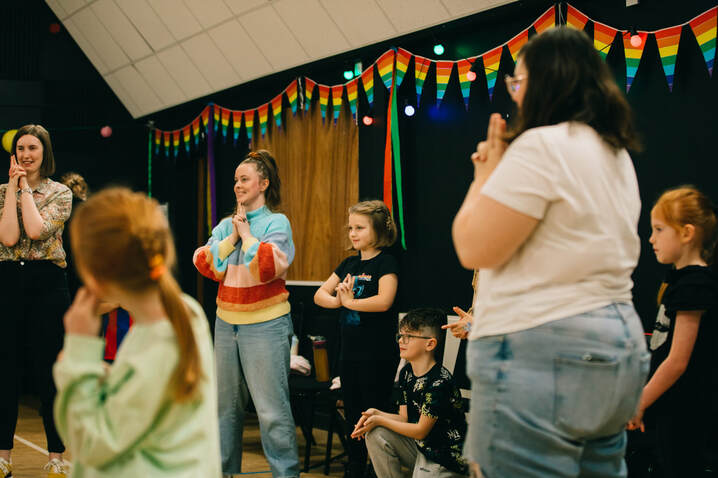
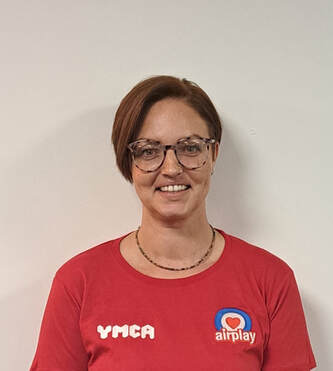
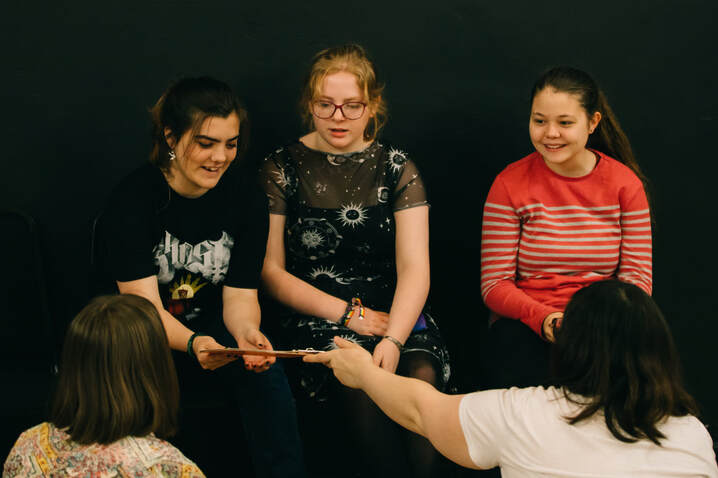
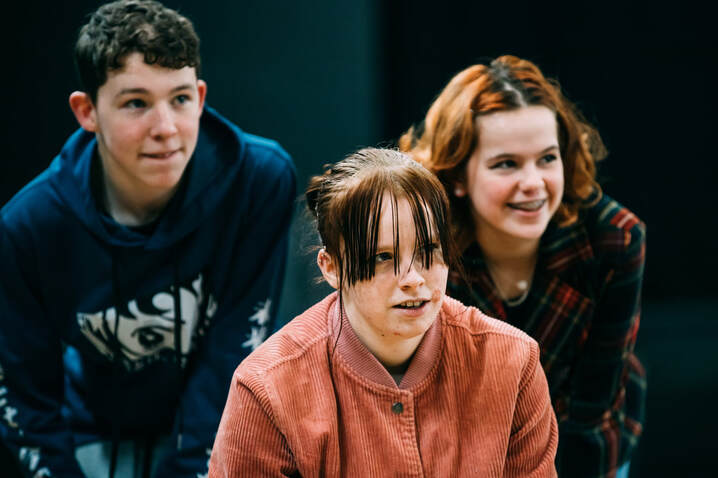
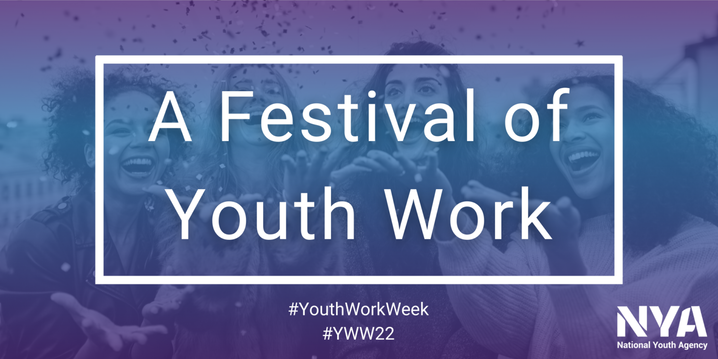
 RSS Feed
RSS Feed
